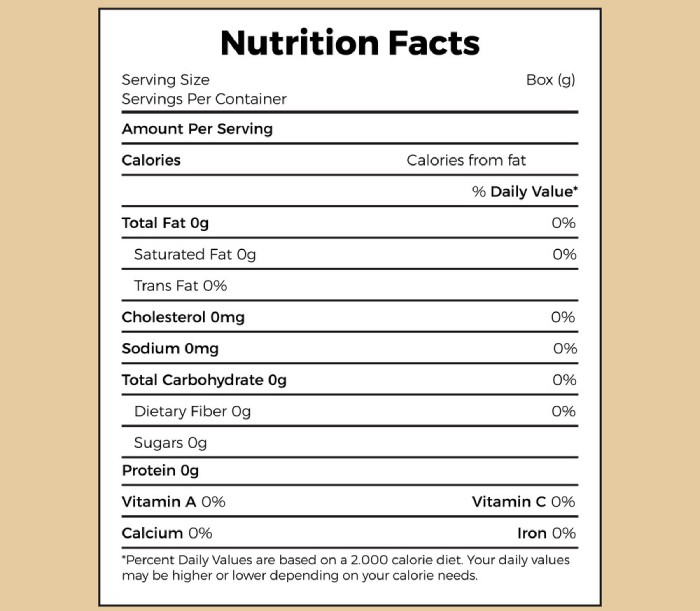Ashwagandha’s Cognitive and Emotional Support Validated by Research
Daily supplementation with KSM-66 Ashwagandha root extract has been shown to enhance several cognitive functions, such as episodic memory, working memory, and attentional accuracy, according to a recent study. Researchers also found that an eight-week regimen of the adaptogenic herb led to noticeable improvements in energy levels and mood. These results were published in the Journal of Psychoactive Drugs.
The research, conducted by experts at D.Y. Patil University School of Medicine in India and Clinical Research Australia, involved administering 600 mg of Ashwagandha root extract daily for eight weeks. Notably, participants reported no severe adverse effects, showcasing the extract’s safety and tolerability.
The authors noted the study’s relevance, given the growing interest in herbal adaptogens for managing stress and enhancing cognitive performance. The research also indicated improved spatial memory and learning, demonstrated by superior performance in location learning tasks.
A Rich Historical and Scientific Background
Ashwagandha (Withania somnifera) has been extensively studied for its health-promoting properties, adding to its already substantial scientific support. Its traditional use in Ayurvedic medicine spans over 4,000 years, originating in teachings attributed to the scholar Punarvasu Atreya. The Sanskrit name “Ashwagandha” translates to “smells like a horse,” referencing the distinctive odor of the root, likened to horse sweat or urine.
Renowned as a potent adaptogen, Ashwagandha is believed to enhance the body’s resilience to various stressors, making it a staple in natural stress management and wellness regimens.
Commentary by YourDailyFit Columnist Alice Winters

Ashwagandha’s growing reputation as a cognitive enhancer and mood stabilizer is well-earned, and this latest study adds weight to its status as a scientifically validated adaptogen. The findings, which highlight significant cognitive and emotional benefits with just 600 mg per day of KSM-66 Ashwagandha, align with a growing body of research affirming its efficacy and safety.
Ingredient Insights
The focus on KSM-66, a standardized and widely studied Ashwagandha extract, is crucial. Its high concentration of bioactive compounds, including withanolides, is likely responsible for the observed improvements in memory, mood, and stress adaptation. This extract’s ability to deliver benefits without adverse effects underscores its potential as a key player in nootropic and adaptogenic markets.
Broader Context
Ashwagandha’s historical use lends credibility to its therapeutic claims, but modern consumers also demand robust scientific validation—this study delivers both. Additionally, its versatility makes it suitable for diverse demographics, including individuals seeking stress relief, cognitive support, or enhanced energy levels.
Consumer Considerations
While the study findings are promising, potential buyers should prioritize products that use standardized extracts like KSM-66 to ensure consistency and potency. Moreover, Ashwagandha’s adaptability means it is often paired with complementary ingredients in multi-purpose formulations, expanding its utility in wellness routines.
Market Trends and Sustainability
Ashwagandha’s rising prominence parallels the growing consumer shift toward natural remedies for mental health and cognitive support. However, its increased demand highlights the need for sustainable sourcing practices to protect this ancient herb and the communities involved in its cultivation.
Final Thoughts
This study reinforces Ashwagandha’s position as a go-to natural adaptogen, particularly for those seeking cognitive and emotional well-being. However, consumers should remain discerning, choosing reputable brands with clear sourcing and formulation standards. As the market evolves, the onus will be on companies to maintain quality while expanding accessibility for this age-old remedy.



